- AboutWSIS+20 EditionSeptember 2025 eventSupporters
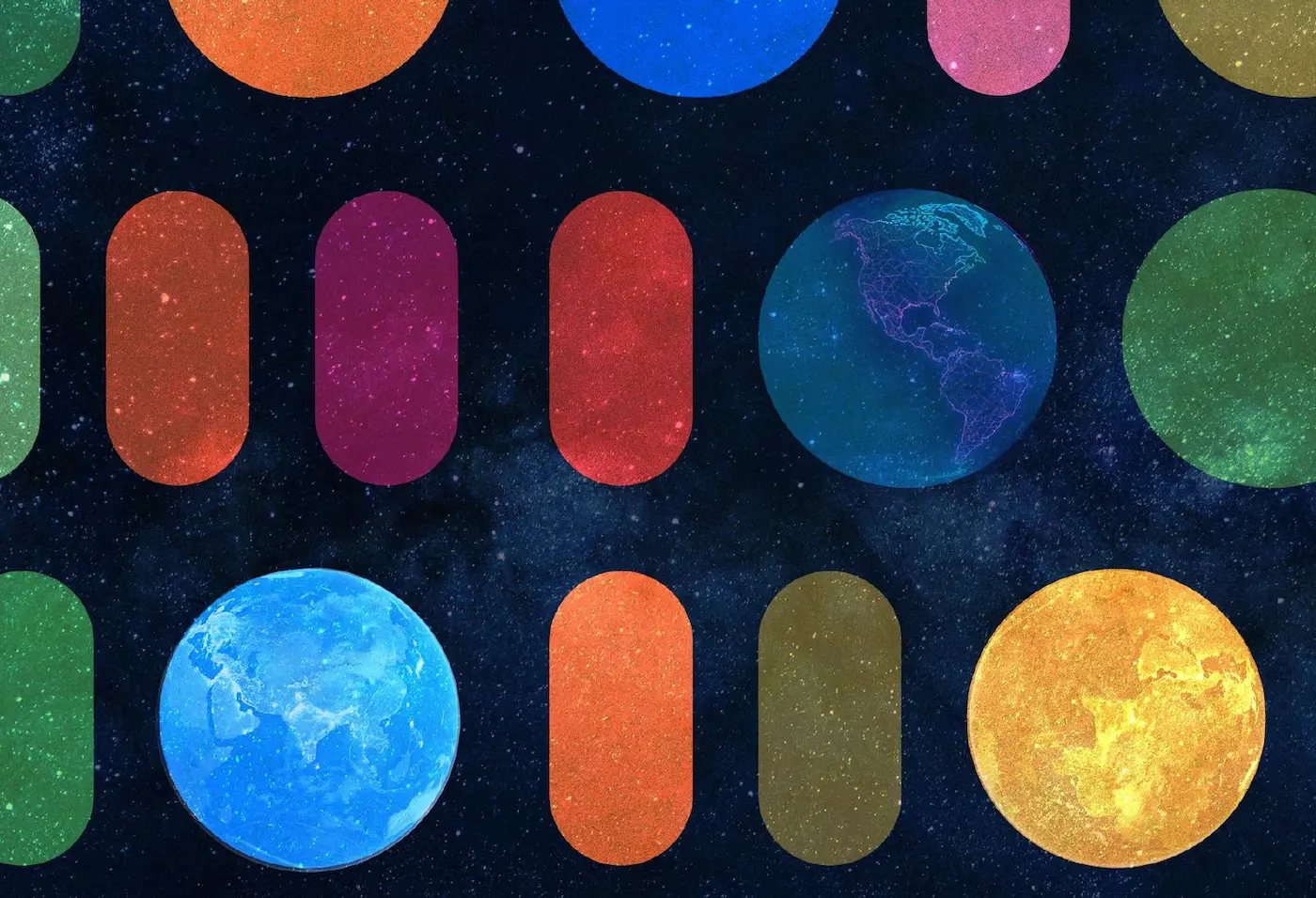
Organised in the context of the ITU-UNDP Digital@UNGA programme during UN High Level Week 2025
Digital@UNGA was more than an anchor event — it was a testament to the world coming together. The proof? Over 45 Affiliate Sessions unfolded across the globe, led by governments, the private sector, UN agencies, NGOs, and youth. Each one was independently organized, yet all were united by a shared mission: to celebrate the power of digital to connect, uplift, and empower.
What emerged was a remarkable spectrum of ideas and impact — from sustainable agriculture in India to urban health, from responsible AI and digital policy to space connectivity reaching remote communities, from trusted digital ID solutions for displaced people to early warning systems transforming networks into lifelines, and classrooms preparing students for an AI-driven future. Governments, private sector leaders, UN agencies, NGOs, youth, women, and even refugees all came to the table. Different voices, contexts, and causes, yet one shared vision: digital as a force for good.
Each Affiliate Session broadened the stage of Digital@UNGA, ensuring that innovations and solutions from every sector and region were heard. Digital@UNGA is not simply an event — it is a global movement where every story counts, every partnership matters, and every solution can make a difference.
Here are the outcomes.
AI, Innovation and Governance

Digital@UNGA Kick Off Event
AI for Global Progress: Innovation Showcase & ReceptionOrganizers: Google
Outcomes: This was a successful and well attended reception with many representatives of international organizations. Speakers recognized the importance of partnerships and collaboration.
Scalable Alternative Governance and Business Models for a Fair Data Economy
Organizers: The Aapti Institute, Data2X, Data Privacy Brasil, the Decentralization Research Center, the Global Partnership for Sustainable Development Data, the Global Solutions Initiative, the Project Liberty Institute, hosted by 1014
Outcomes: Builders and policymakers aligned on practical paths to scale people-centred data models, from cooperatives to public digital infrastructure, with clear calls for legal clarity, funding, and cross-border interoperability. A convening coalition formed to carry this work forward, translating unprecedented global awareness into sustained political will and collective action.
A Digital Tool towards Understanding Ethical and Legal Implications of Artificial Intelligence
Organizers: Universitat Autònoma de Barcelona, Catalink
Outcomes: A community of practice began to coalesce around inclusive and accessible AI, prioritising equity indicators, accessibility guidelines, and practical guardrails. A follow-up webinar and collaboration plan were agreed to deepen the work.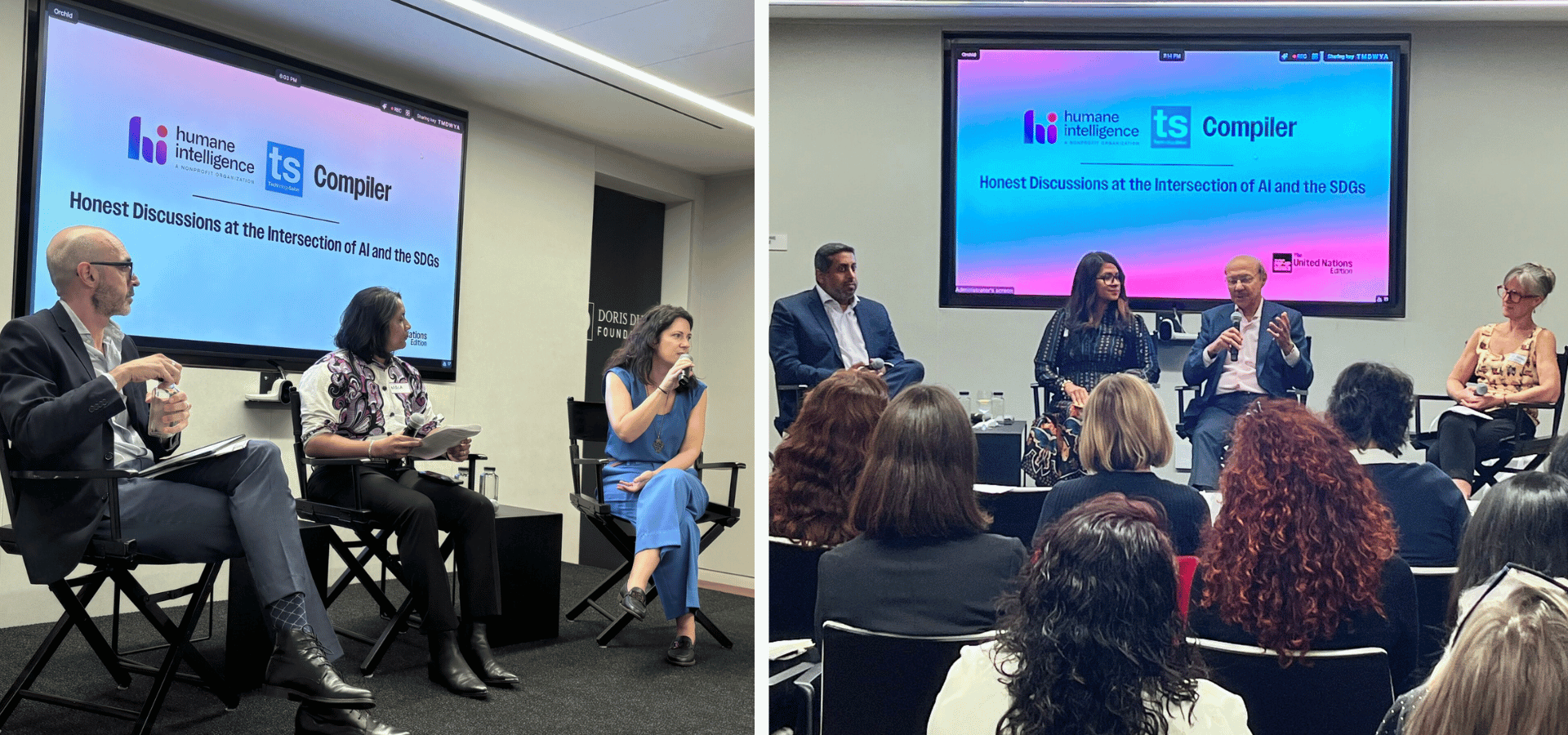
Honest Discussions at the Intersection of AI and the SDGs
Organizers: Humane Intelligence, Tech Salon, Compiler
Outcomes: A candid, global conversation on AI’s role in advancing the SDGs brought together around 90 participants in person and online from at least 30 countries, surfacing priorities on safety, equity, and inclusion. The discussion, supported by philanthropic partners, reinforced the importance of diverse perspectives in shaping responsible AI practice and policy.Putting a Floor Under the AI Divide in the South Mediterranean
Organizers: Euro-Mediterranean Network for AI Governance (EuroMedAI)
Outcomes: Commitments to publish a regional AI capacity report and a policy brief on AI compute, to join the Global Call for AI Red Lines, and to share an outcome document publicly. With 77 participants from across the region and beyond, the session advanced a collaborative roadmap to strengthen capacity, access, and ethical standards.TRUST in the Age of Generative AI
Organizers: IEEE Standards Association and partners
Outcomes: Participants explored standards-based routes to transparency, accountability, and fairness. The session underscored that trust will hinge on cross-sector governance, measurable safeguards, and interoperable approaches that protect rights while enabling innovation.Digital Pathways to Breakthrough: Harnessing Technology for Inclusive Transformation
Organizers: Breakthrough Social Enterprise
Outcomes: With participants from ten countries, the session organised insights on barriers, opportunities, risks, and actions for digital equity. Next steps include shared outcome notes and a detailed report to inform contributions to the UN AI Skills Coalition and the Young AI Leaders Hub.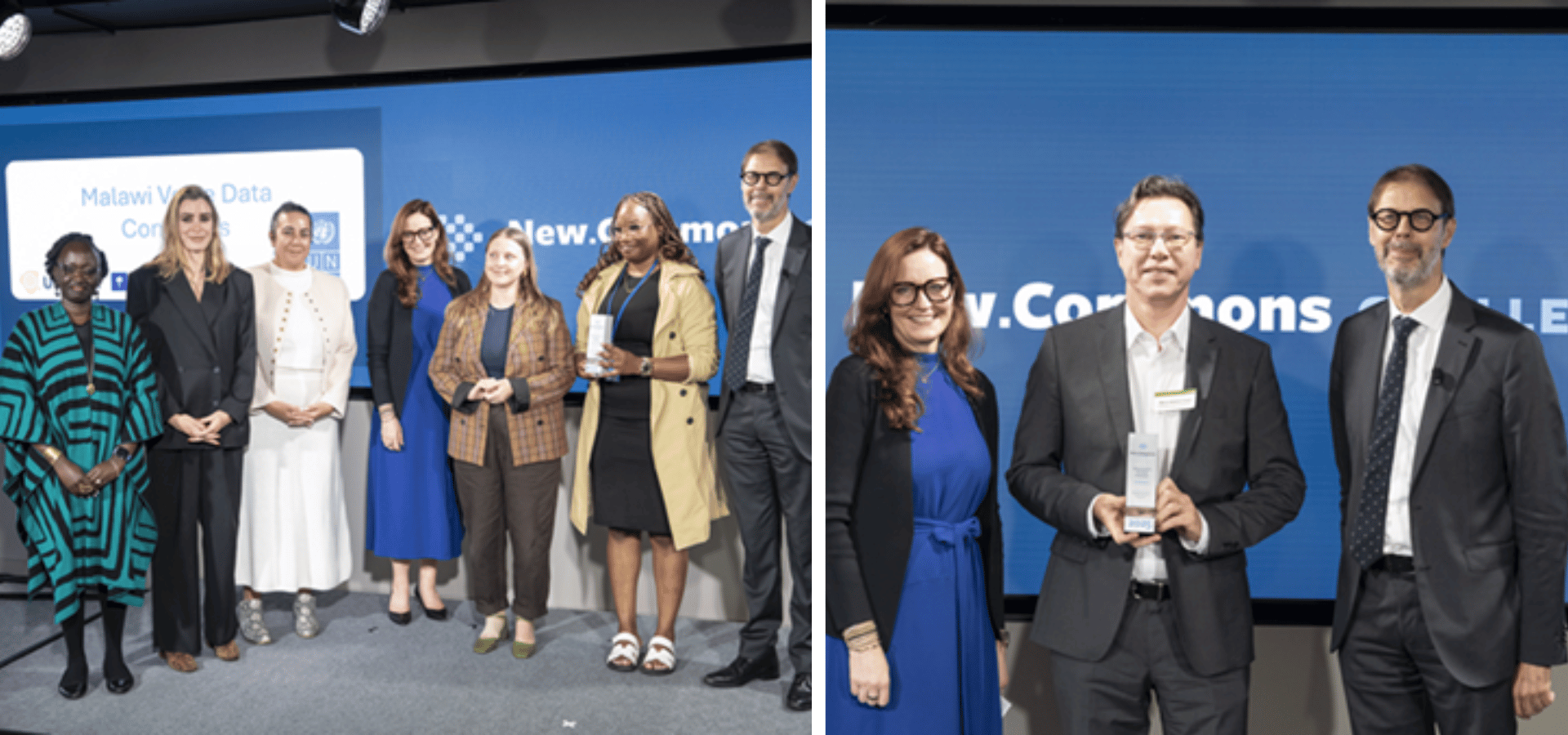
Digital@UNGA Closing Event, New Commons Challenge Showcase
Organizers: Microsoft and The GovLab
Outcomes: Winners showcased open, responsibly governed data commons that power local decision-making and humanitarian response. A fireside chat explored global impact, while new connections formed among governments, researchers, and technologists to steward data for public benefit.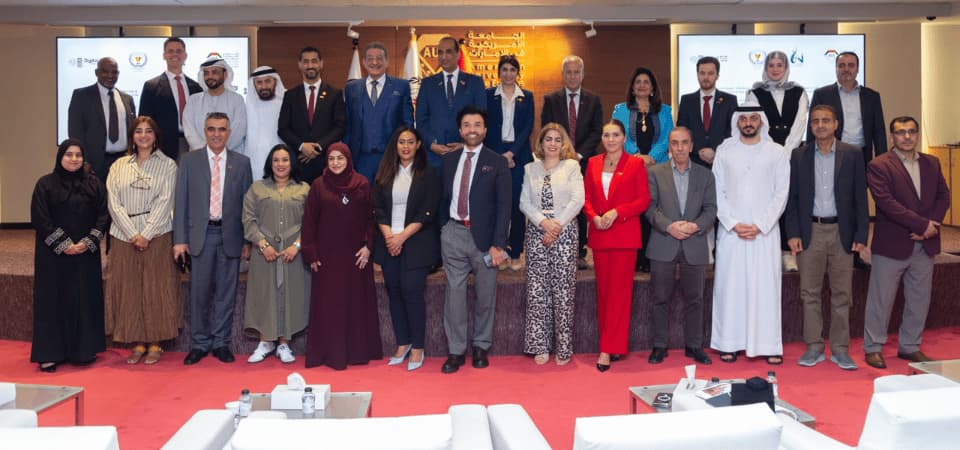
The Digitalization Future: Pioneering Technological Pathways for Safe and Sustainable Societies
Organizers: Creators Union of Arab with American University in the Emirates and Creative NextGen Solutions
Outcomes: Endorsement of an Intellectual Property Verification initiative, a commitment to integrate digital safety into school curricula, and a new partnership to advance responsible tech use. A specialised AI ethics committee was launched to develop governance standards with human oversight at the centre.Youth for Digital SDGs Mixer
Organizers: Youth for Privacy, Youth SPI Platform
Outcomes: Around 80 young participants from multiple countries exchanged ideas on AI, privacy, and digital rights, building networks for joint advocacy and responsible innovation. The session reaffirmed that youth leadership is essential for ethical, inclusive digital futures.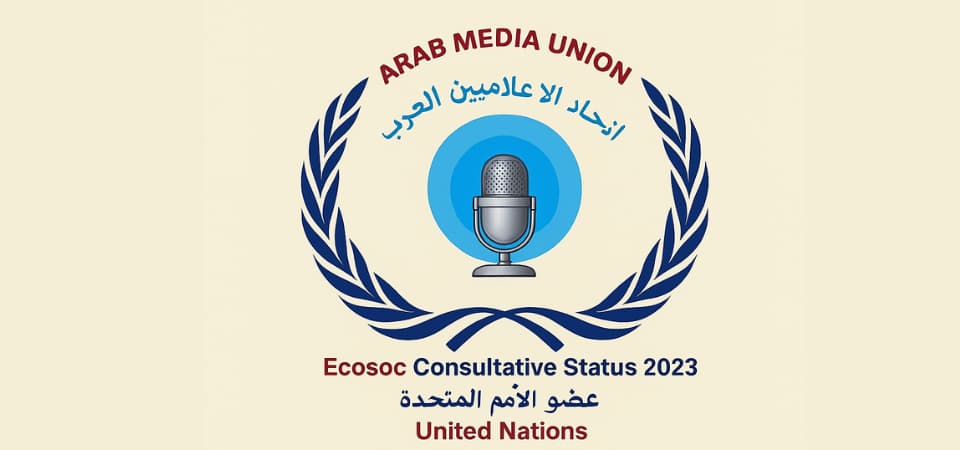
Inclusive Digital Media: A Bridge for Cooperation and Innovation Towards a Sustainable Future
Organizers: Arab Media Union (ECOSOC Consultative Status – UN)
Outcomes: The session highlighted media’s role in fostering cooperation and innovation for a sustainable digital future. The Arab Media Union announced the creation of an International Media Court to uphold ethical standards, alongside a Media Charter for Sustainable Digital Transformation promoting inclusivity, safety, and credibility. New initiatives included mentorship and digital education programmes for youth, the Media License Certificate for professional qualification, and a partnership with the American University in the Emirates to train students in AI-driven media practices. Scholarships were also announced for studies in information security and data protection, reinforcing media’s role as a driver of responsible innovation and youth empowerment.
Connectivity and Infrastructure

DRC Digital Nation 2030
Organizers: Government of the Democratic Republic of the Congo
Outcomes: The DRC unveiled a national digital brand and strategy anchored in infrastructure, public services, inclusion, and trust. A one billion US dollar public investment was announced for 2026 to 2030, complemented by more than five hundred million US dollars from partners. International institutions and companies signalled long-term collaboration, including an AI initiative empowering entrepreneurs.
Catalysing Investment in Scalable Digital Infrastructure Models
Organizers: ITU, UNCTAD, The World Bank
Outcomes: Stakeholders aligned on three pillars for the Digital Infrastructure Investment Catalyser, data and tools, capacity building on investment and innovative finance, and partnerships to unlock funding opportunities, laying the groundwork for a sustained pipeline of bankable connectivity projects.Space Connectivity for Development
Organizers: Amazon
Outcomes: The session spotlighted non-geostationary satellite systems as catalysts for inclusive access. A new partnership between Amazon’s Project Kuiper and Kazakhtelecom was announced to extend high-speed satellite internet across Kazakhstan. Senior officials and international organisations emphasised enabling policies, responsible practices, and multilateral cooperation as keys to scale.Sierra Leone Innovation Showcase
Organizers: Ministry of Communication, Technology, and Innovation, Sierra Leone
Outcomes: Youth, civil society, and education stakeholders coalesced around inclusive digital learning and mentorship. Guest experts inspired practical pathways for community impact and future collaborations, reinforcing that local initiative can drive meaningful digital inclusion.
Education and Skills for the Future
Smarter Investments, Stronger Education Systems: AI, Data and Digital Learning for All
Organizers: UNESCO, UNICEF, ITU, Cambridge, Global Partnership for Education
Outcomes: Building on the Digital Transformation of Education Systems framework, participants shared routes to equitable broadband, teacher support, and responsible use of AI and data. The session called for joint investment and governance that ensure every learner benefits from meaningful connectivity.Empowering Youth and Women through Digital Innovation for a Sustainable Future
Organizers: ADIFEVEA World
Outcomes: Participants co-designed a Youth and Women Digital Empowerment Roadmap, including a commitment to train 5,000 women and young people across coding, e-commerce, digital agriculture, and civic tech. A pilot under MULIMO KWETU launched for women smallholders, and a follow-up mechanism will report progress annually.The Socio-Economic Value of Girls’ Education: A Landmark Report by iamtheCOD
Organizers: iamtheCODE
Outcomes: The 10-year report celebrated reaching more than 550,000 women and girls across 88 countries, distributing over 65,000 digital courses in 19 languages and opening first-time coding and AI opportunities in refugee settings. An MoU with the Government of South Africa signalled government commitment to scale, with a pathway toward one million learners by 2030.
Digital Public Infrastructure, Identity, and Governance
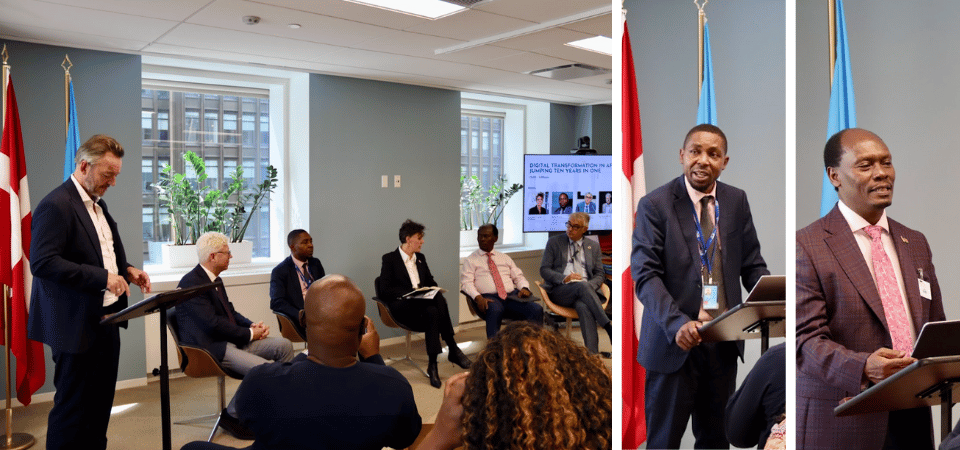
Digital Transformation in Africa: Jumping Ten Years in One
Organizers: Consulate General of Denmark in New York and cBrain
Outcomes: Showcased how governments can leapfrog legacy systems using commercial off-the-shelf platforms. With senior leaders from Denmark, Kenya, Zambia, and the UN, the session highlighted cross-border collaboration and political leadership as the engine of sustainable government digitalisation.
Trusted Digital Identity for People and AI: From UN Strategy to DPI Deployment
Organizers: World Digital Technology Academy
Outcomes: A virtual gathering of 50 participants aligned on trusted digital identity as a cornerstone of DPI and responsible AI. The session stressed governance that safeguards privacy, interoperability, and inclusion, with WDTA positioned as a collaboration platform for standards and best practice.Digital Ambassadors Forum, 2025 Dialogue on the Future of Digital Governance
Organizers: Business Council for International Understanding, with AT&T, GSMA, Mastercard, Oracle
Outcomes: The Forum officially launched as a neutral platform bridging governments and industry. Over 250 high-level participants engaged on cybersecurity, trusted tools, Open RAN, AI, and infrastructure. American Tower joined as a Founding Member, and the Forum committed to regular convenings to advance cohesive global governance.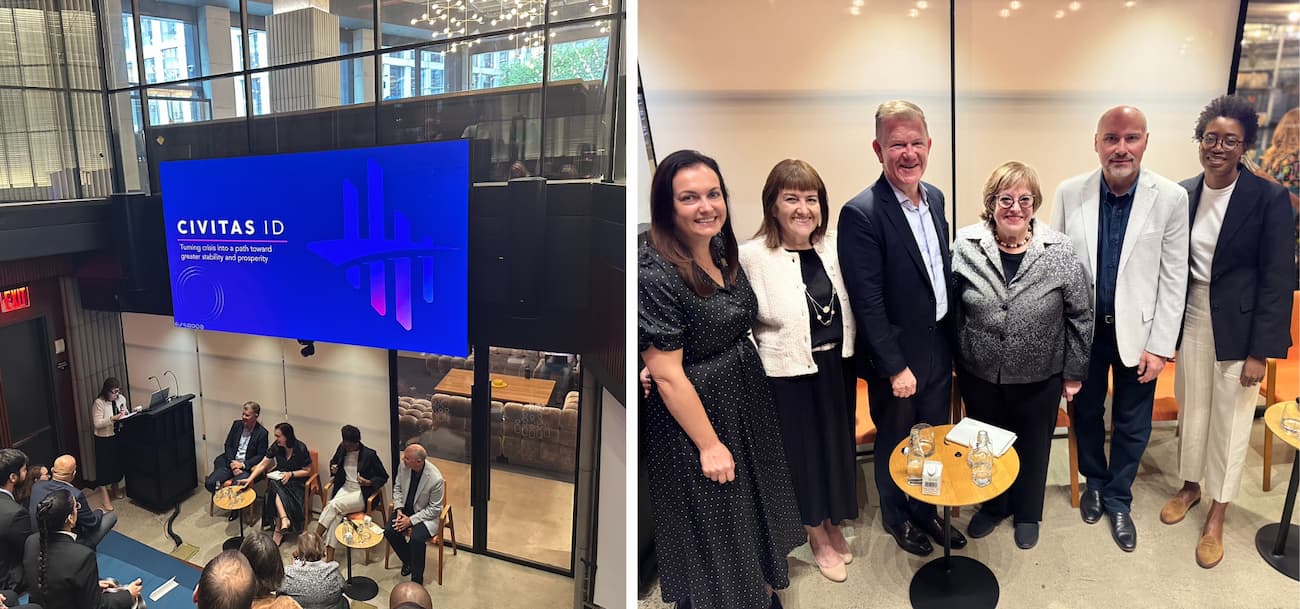
The Invisibility Crisis: Bridging the Global Identity Divide
Organizers: Diplomatic Courier, Civitas ID, and APCO
Outcomes: This session gathered stakeholders to address policy and safeguards for digital ID, and launched a new platform to expand access for 123M displaced people.Unleashing the Promise of Digital Trade in Africa and Beyond
Organizers: International Trade Centre
Outcomes: A virtual crowd of more than 100 explored how trusted payments, digital IDs, and logistics underpin cross-border e-commerce. Public–private partnerships were identified as essential to implement the AfCFTA Digital Trade Protocol, formalise social commerce, and unlock youth employment at scale.
DPI Cooperation in Motion: 50-in-5 Milestone Event
Organizers: Digital Public Goods Alliance
Outcomes: Four countries joined the 50-in-5 campaign, while Brazil, Cambodia, France, and South Africa became DPGA members. With 140 participants from more than 25 countries, the event showcased growing momentum for open, interoperable DPI and created new opportunities for knowledge sharing and joint action.Scalable Alternative Governance and Business Models for a Fair Data Economy
Organizers: Aapti Institute; Data2X; Data Privacy Brasil; Decentralization Research Center; Global Partnership for Sustainable Development Data; Global Solutions Initiative; Project Liberty Institute; hosted by 1014
Participation: 50 participants from 15 countriesOutcomes:
Builders of people centered data models and senior policy leaders aligned on practical pathways to scale alternatives to today’s centralized data economy. The discussion highlighted data cooperatives and government led digital infrastructure for data agency as proven approaches; the technology is ready and the policy momentum is growing through frameworks such as the GDC and G7 or G20 communiqués. The group committed to translate awareness into sustained political will and collective action, focusing on legal clarity, financing mechanisms, and cross border interoperability so these models move from niche pilots to mainstream practice. A standing convening coalition emerged to keep developers and enablers at the same table, grounding future policy in live use cases and accelerating real world adoption.
Climate, Agriculture, and Local Innovation

Krishi Updates Digital Agriculture Model: Fostering Climate Resilience through a Socially Inclusive Platform
Organizers: Technokreshy Montanus Private Limited, Society for Technology and Development
Outcomes: A multilingual, online and offline model for mountain communities demonstrated how digital tools and AI can strengthen climate resilience, livelihoods, and youth entrepreneurship. Cross-sector partners from seven countries committed to expand accessible technologies, knowledge-sharing networks, and locally co-created solutions.
High Level Solutions Dialogue on Accelerating Early Warning and Extreme Heat Solutions
Organizers: UN Secretary General’s Climate Action Team; UNDRR; WMO; IFRC; ITU; UNEP; Government of Brazil
Participation: 158 participants from more than 30 countries, including Australia, Brazil, the European Union, India, Jamaica, Japan, Mexico, Singapore, the United Kingdom, and the United StatesOutcomes:
Strong consensus formed around intentional, inclusive, and accelerated action to scale multi hazard early warning systems and to address extreme heat as a top adaptation priority. Participants called for embedding early warnings in NDCs and NAPs to unlock climate finance; securing long term national budget allocations complemented by international funding; strengthening impact based warnings, last mile communication, and anticipatory action; aligning international assistance with national priorities; and improving data cooperation. On extreme heat, the Dialogue backed whole of society responses, national heat action plans, urban cooling and nature based solutions, protection of vulnerable populations through health, labor, and social protection systems, and innovative finance such as impact bonds. The Brazil COP30 Presidency and UNEP’s Beat the Heat initiative was highlighted as a vehicle to mobilize global momentum. Countries will test and apply the UNDRR and WMO heat governance framework and toolkit in diverse contexts, reinforcing early warnings and heat action as essential pillars of climate resilience and sustainable development in an age of extremes.Closing reflections
From AI to agriculture, from space to classrooms, the Affiliate Sessions of Digital@UNGA have proven one simple truth: when digital inclusion becomes everyone’s business, it becomes everyone’s success. Across continents and sectors, new partnerships were formed, ideas sparked, and solutions shared — all driving us closer to a world where technology serves humanity.
As this chapter closes, one message resonates: the power of digital is multiplied when shared. Every dialogue, every pledge, and every collaboration takes us one step further toward achieving universal meaningful connectivity and sustainable digital transformation for all.